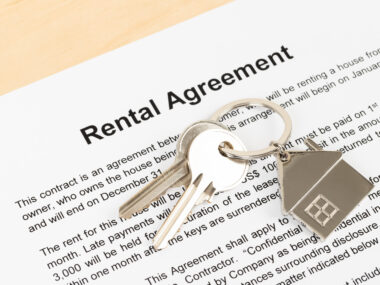
As a landlord or a tenant, it is possible to enter into a disagreement with the other party at some point within the timeframe set out in the rental agreement. Whether this disagreement is concerning rent, the condition of the rental unit, or otherwise, it must be resolved straight away. Read on to discover the steps you should take to resolve a landlord-tenant dispute and how a seasoned New York City real estate attorney at Zimmet Law Group, P.C. can walk you through this.
What are the common causes of a landlord-tenant dispute?
You must understand that, if you disagree with the actions of your landlord or tenant, you are not alone in this feeling. That is, landlord-tenant disputes are rather common throughout New York State. This most commonly arises because each party interprets the terms of the rental agreement differently, or interprets the proper maintenance of the rental unit differently. But other common causes are as follows:
- If you are a tenant:
- You may have an issue with your landlord not returning your security deposit in its entirety.
- You may have an issue with your landlord’s enforced pet restrictions, pet deposits, etc.
- You may have an issue with your landlord’s interpretation of normal wear versus damages to rental unit fixtures.
- You may have an issue with your landlord’s interpretation of a habitable rental unit (i.e., mold, asbestos, lead-based paints, weather damages, etc).
- If you are a landlord:
- You may have an issue with your tenant falling behind or altogether neglecting to pay their rent.
- You may have an issue with your tenant paying for their rent with bad checks or expired credit cards.
- You may have an issue with your tenant abandoning the lease before the rental agreement ends.
- You may have an issue with your tenant’s interpretation of sanitation responsibilities (i.e., removing trash, clearing dangerous debris, etc).
What steps should I take to resolve a landlord-tenant dispute?
Your dispute with your landlord or tenant may not necessarily need to be turned into a serious lawsuit. Rather, for a small disagreement, it is recommended that you consider the following alternatives:
- You may sit down with your landlord or tenant to negotiate an agreement.
- You may sit down with your landlord or tenant, along with a neutral, third-party mediator, to reach a resolution.
- You may take your complaint to a small claims court, in which you may not require legal representation.
- If you are a tenant, you may organize a group of fellow tenants and pursue a collective action.
But if the reasoning behind your landlord-tenant dispute is far more serious than these alternative resolutions may handle, then you must consult with a competent New York City real estate attorney immediately. Our team at Zimmet Law Group, P.C. is happy to advise you.


